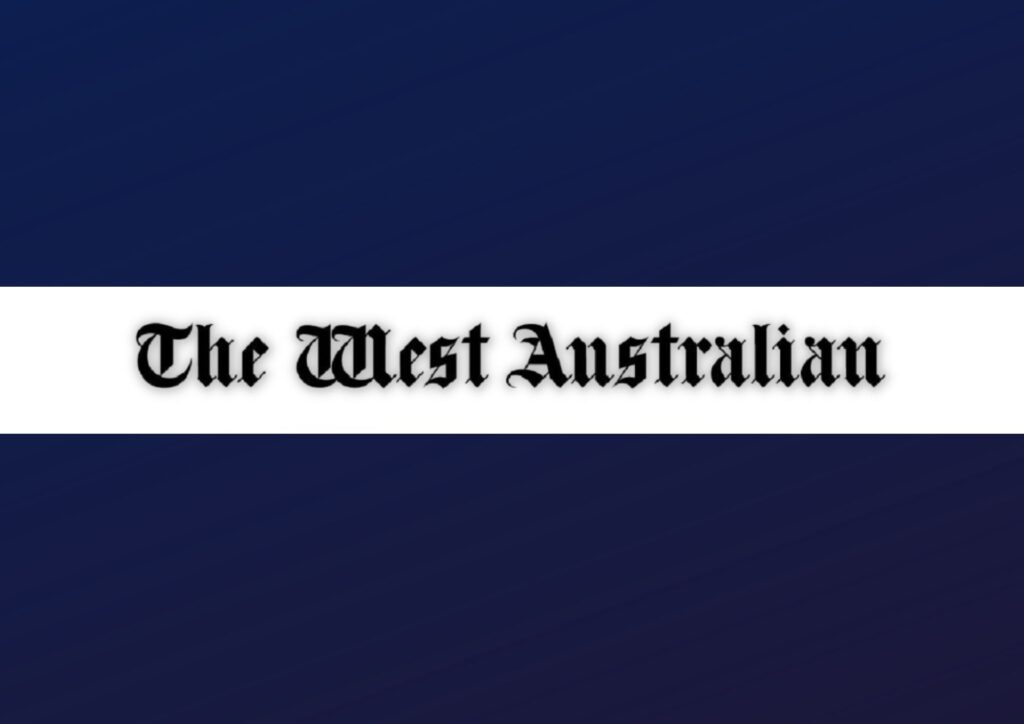

Article by Gerard Cockburn courtesy of the West Australian.
Ai Group has argued the Federal Government’s latest round of industrial relation reforms will stifle innovation and “undoubtedly discourage investment” in the Australian economy.
Fronting a Senate committee into the Closing the Loopholes Bill on Tuesday, Ai Group chief executive Innes Willox warned the IR reforms set to curtail the use of labour hire firms and stamp out wage theft are an “incoherent mess” and would damage workforce participation.
Labor claims the reforms will stop companies from using labour hire to undercut pay to circumvent enterprise agreements.
The Bill also seeks to minimise exploitation of gig economy workers.
Mr Willox, however, said the reforms redefine casual employment and give the Fair Work Commission new powers to regulate parts of the economy.
“If passed, the Bill would make it less attractive to employ people and detract from the ability of employers to adjust in the face of the major changes we face,” Mr Willox said in his opening statement.
“It would undoubtedly discourage investment and burden businesses with further unwanted complexity and red tape.”
He added the effects of the changes would take time to wash through the economy and could have impacts on innovation and the way businesses can reward workers through incentives.
“Employers will be less likely and able to reward people for the work that they do … or to reward them by giving them in many cases, the shifts that they want to allow them to do other things in their lives,” Mr Willox said during the hearing.
The employer body also highlighted the reforms would go against the Government’s other endeavours spelt out in the employment white paper and the recent intergenerational report.
Ai Group’s comments come after a number of business leaders have expressed concerns that Labor’s IR Bill is too complex, with a number of companies warning it could hinder investment in key sectors like critical minerals.
In Perth last week, Gina Rinehart’s Hancock Prospecting argued it would jeopardise WA’s mining sector and global competitiveness.
Hancock chief executive of group operations Gerhard Veldsman has previously said changes already made to the IR system had started delaying some of its major projects.
“(This) has pushed back some of our projects by more than two to three years from when was originally planned to come out,” he said.
Those comments were echoed by Lynas Rare Earths chief executive Amanda Lacaze’s submission, which said the changes would create a “minefield of complexity and uncertainty” and impact the sector’s flexibility of scaling labour up or down to meet demand.
Ai Group also claim the reforms would make the workforce less flexible, which would hinder the ability to lift productivity performance of the economy.
“It will create significant and entirely unwarranted problems and deter employers from hiring casuals and deny workers the flexibility casual employment offers so many,” Mr Willox said.
Mr Willox also claimed it would discourage enterprise bargaining, with the group also holding concerns about the jump in penalties that would be placed on employers if a breach of the laws occurred.
A number of independent Senators have called for the less controversial aspects of the Bill to be passed by the Parliament.